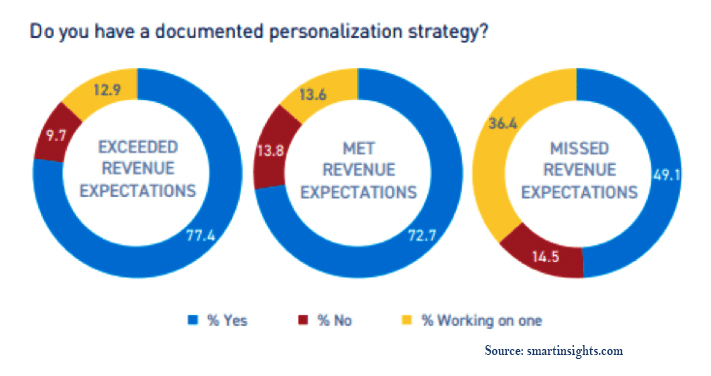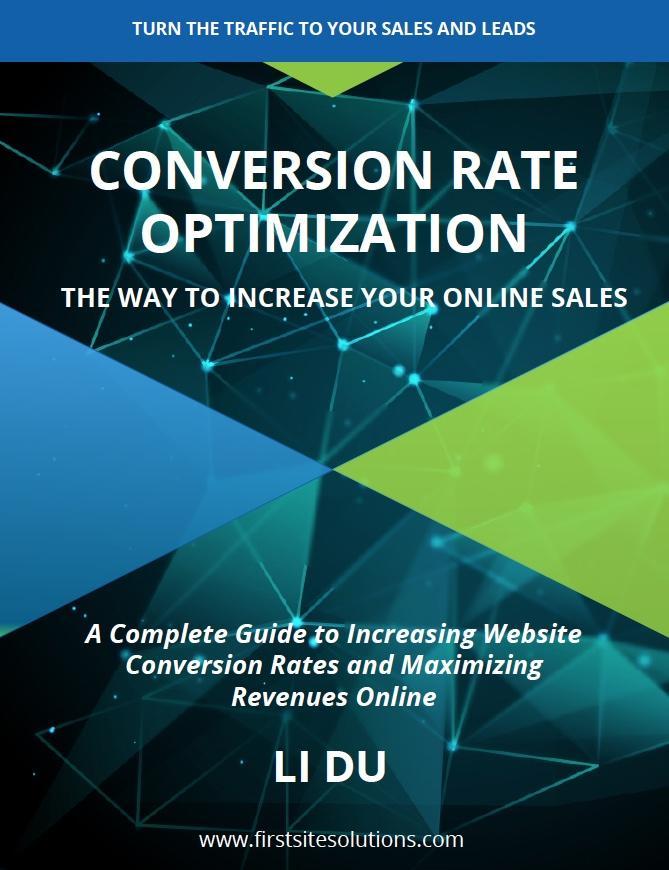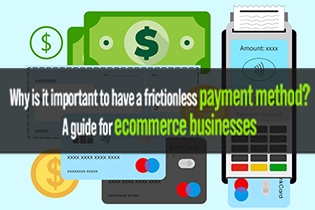
“The best marketing doesn’t feel like marketing.” - Tom Fishburne
Maybe that is why when you go for an interview for your dream job and talk about your passion, you never realize what you are doing is marketing yourself. All you ever understand is that you are being yourself.
But it is not always just about you when it comes to marketing. It is about the world knowing about you. The more they feel that they are not being forced to know you, the better they will react to your ideas and brands. (Understand the real catch here. Wink Wink)
Oh, but the Internet
But marketers face a challenge today that they have never encountered before. They have the challenge to engage humans with attention spans lower than that of a goldfish!
This is essentially one of the biggest threats in creating marketing strategies that engage people.
Viewer Engagement Statistics:

In addition to that, with a plethora of other information available all around the internet, it is impossible to keep the visitor on your page rather than on a competing page. The information overload or the clutter, whatever you choose to call it, the fact of the matter is that marketing today is more complicated.
But, on a similar note, it is the internet that redefined marketing. The internet is all about digital marketing, is not a bad thing. It helps businesses expand and raises the standard of living for the general public.

Digital Marketing and Personalization
But one might assume that whatever had to happen on the internet and whoever was to be on the internet, is already here. That is not true. Even today, the amount of internet usage is still increasing by 5% every year for the last three years.
This means that the effort in digital marketing must never stop. To counter the information overload on the internet and the small attention spans, personalization has come out to be one of the most effective solutions. Personalization refers to making content not only more targeted but also much more relevant.
And you must not assume that this is something per se. Statistics say that using personalization can increase sales by up to 19%! But it is not just about getting returns on your investment. It is also about what your customers want.

As explained above, as many as 90% of consumers prefer personalization, and 80% of consumers are more likely to do business with your company if you offer personalized experiences. This is because of the simple human characteristic of feeling more valued with a personalized experience. Well, the stat looks quite promising!
So, better personalization leads to better customer experiences, which attracts more and more customers to your websites. It seems personalization is the key to expanding your business.
Prioritizing Personalization
But even though personalization gets businesses grand results, there seems to be some trouble in prioritizing it. While about 20% of organizations were happy prioritizing their content and experience management, only about 7% felt that personalization should be the first priority.
This largely depends on the scale of the organization itself. Not all organizations have the resources to invest in personalization during its initial digital marketing operations. They focus more on creating an SEO in the initial phases.
Content and experience management form the crux of the effort at those stages.
Furthermore, analytics and data management are considered to be much more critical than personalization in the organization’s normal mode of business.

But then again, there are proper benefits to be had out of prioritizing personalization as a digital marketing strategy. The following figure shows how simply documenting an appropriate strategy of personalization helped around 77.4% of businesses exceed revenue expectations, and around 72.7% meet their expectations. Isn’t it commendable?

Businesses that missed their revenue expectations included about 14.5% of businesses that had no personalization strategy or 36.4% of those that were “working on one.” The trend is clear! Are you ready to take it on?
Personalization vs. Individualization
However, marketers have come to feel that personalization just does not cut it. Just using a customer’s name and displaying broadly specific products is not the strategy to always win.
To always stay on top of its competition, your business must get even more specific. This is a domain called individualization – and even narrowly targeted digital marketing strategy. You could even say this is a subset of personalization.
Individualization involves targeting based on individual customers' past purchases history and current browsing interest rather than adding him/her to a generic segment that behaves in a certain way.
Rather than marketing using those generic a ctivities that apply to the entire segment, the business would only be relevant to that one customer (or many of such one customer).
However, individualization often has the capacity to freak out your customers. Why? Because it hinges on large amounts of data that the customer may be willingly giving out unconsciously.
So, if you have ever been scared of how accurate the advertisements on Facebook and Instagram were getting, you have already experienced the scare of individualized marketing strategy.

Source: navistone.com
Final Word on Personalization and Digital Marketing
While the preference for the process of personalization may seem to be much lower than other forms of digital marketing, there is a very important logic behind it. Understanding this logic reveals how personalization may still implicitly be on top of the priorities of most businesses.
The logic is the fact that personalization itself is all about data. Without the right data, the right segments, and the right content, no business can hope to achieve accurate personalization. Gut-driven decisions don’t make sense in 2020.
So, most of the activities in prioritizing data and content are about prioritizing personalization more than about prioritizing anything else.
And while individualization may seem to be the path to tread, it is also true that it requires plenty of effort and individual data that may not be available to every business.
Once your business base is established with recurring customer sales, individualization does make sense. But not before that!







